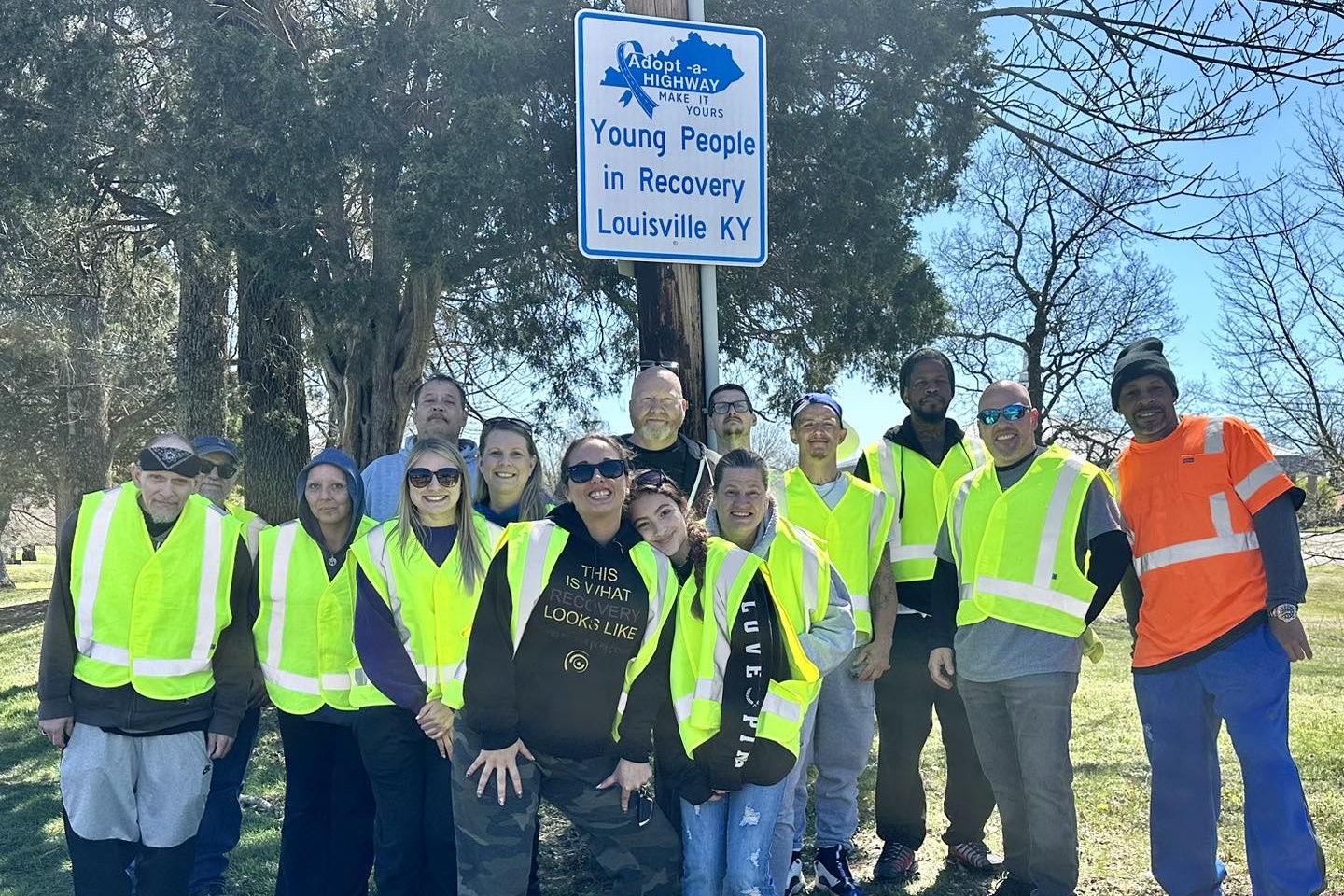
Leaders of the five largest e-cigarette companies in the U.S. faced a House committee and affirmed, under oath, the addictive nature of their products.
In a moment that echoed the iconic tobacco hearings of the 90s, Rep. Diane DeGette, a Democrat from Colorado, asked each CEO, "Isn't it true that nicotine is addictive?"
One by one, they responded yes.
The hearings were a public grilling on the role of these companies in the teen vaping epidemic. They fielded tough questions from House members on their marketing and the safety of their products, as well as a tongue-lashing for the rising numbers of young people using their products.
DeGette also questioned the CEOs about medical studies linking nicotine to health problems involving the lungs, blood pressure, heart rate and the heart. K.C. Crosthwaite, the CEO of JUUL Labs, Inc., which is by far the market leader, didn't address specific health impacts. “It can cause harm," said Crosthwaite, a former executive with Altria, the tobacco giant that now owns a 35 percent stake in JUUL.
He said his company would submit health studies as part of an FDA approval process later this year.
Leaders from JUUL, Logic, NJOY, Fontem (blu) and Reynolds American, Inc. appeared before the House Energy and Commerce Oversight and Investigation Subcommittee. The five represent nearly the entire e-cigarette market, according to DeGette’s office.
The hearing comes as the landscape for e-cigarette manufacturers is shifting dramatically. Most flavored e-cigarettes have to be off store shelves beginning Feb. 6. All makers of the products have to submit an application in May to the Food and Drug Administration, which will decide which products can still be sold legally. The courts will also be taking a close look at their business practices.
JUUL, in particular, faces potentially hundreds of legal cases over allegations it deliberately targeted teens with aggressive marketing, especially over social media. In Colorado, which has the highest surveyed rate of teen vaping, four county and local governments have filed suit and the attorney general is investigating. The number of lawsuits in the U.S. against JUUL is now more than 300, according to one legal expert.
As lawmakers pressed them on marketing practices, the divide between JUUL and the smaller companies became clear. JUUL has suffered heavy economic consequences, as the most visible face of the e-cigarette industry. Some leaders of other companies tried to make clear in the hearing that the marketing practices allegedly intended to lure teens were not universal.
In DeGette’s questioning about medical studies linking nicotine to negative health impacts, one CEO sidestepped the question, referring to the upcoming FDA permit process. Without naming JUUL, Jay Loftin, president of Logic, said his company has consistently “acted responsibly since we started.” He said it didn’t suggest its products were cessation devices or use “influencers” to convince children to buy. He said company officials were not “evangelists “ claiming to offer a cure for smoking, all common criticisms of JUUL.
“Other companies have caused tremendous damage to the reputation of this category while putting America's youth in harm's way,” Loftin said.
Another lawmaker, Rep. Raul Ruiz (D-CA) noted JUUL had halted its broadcast, print and digital product advertising. Then he asked Crosthwaite, “Do you believe that the e-cigarette industry should be subject to the same advertising restrictions as combustible cigarettes?”
Crosthwaite deferred to the regulatory agency.
“I think the FDA is going to have complete oversight over marketing practices,” he said.
The hearing was also an opportunity for lawmakers to give e-cigarette makers an earful. Rep. John Sarbanes (D-MD) took JUUL to task for pressuring the FDA to back off a full ban on all flavors. He said the company hired an “army of lobbyists” and spent millions on the effort.
“The priorities that the public wants to see are continuing to be frustrated because there's an inside game,” Sarbanes said.
“I don't believe for one minute that any of you did not purposely target young people," said New Jersey lawmaker Frank Pallone (D-NJ). He told the executives “if you wanted to be men of integrity and responsible men, you would not be selling this product. You'd do something else.”
Rep. Jan Schakowky (D-IL) asked if Fontem U.S., the company that makes the blu brand, would pull flavors like “vivid vanilla” and "cherry crush” off the market. Its president Antoine Blonde said the products were mostly used by adults, not kids.
“We don't have any issue,” Blonde said, saying it would comply with guidance from the FDA.
Republicans on the committee were generally less confrontational in their questioning. But Rep. David McKinley (R-WV) zeroed in on a central health concern: the potential for dangerous substances to become embedded deep in the lungs. McKinley referenced a number of studies done by the National Academy of Science, Medicine and Engineering. He said they concluded vaping products included heavy metals, ultrafine particles and toxic and carcinogenic materials and ingredients.
He asked JUUL’s CEO if he denied those conclusions.
“I'm not familiar with that specific report you're referring to,” Crosthwaite said. “I’m not familiar with the ultra-fine particles.”
McKinley responded by saying the tiny particles “getting in someone's lungs can have some long term very deleterious effect.”
Colorado topped the nation for teen vaping in a 2018 study. New numbers are due out later this year.
Wednesday’s hearing echoed Congressional hearings from decades ago.
In 1994, the top executives of the seven largest tobacco companies testified to Congress. A photo of the men with hands raised being sworn in was an iconic image of the era. Committee member Ron Wyden, a representative from Oregon at the time, now a U.S. senator, asked each executive “whether or not nicotine is addictive.” Each answered “no.”
News outlets soon published internal documents showing companies knew those answers to be false. Then, in 1997 a judge ruled the FDA had the authority to regulate nicotine as a drug. A couple of months later, tobacco companies and states announced a landmark $368 billion settlement.
By 1998, executives from the companies were again back before Congress, this time with a totally different message. As the Washington Post described they made “their strongest public admissions ever that smoking is hazardous and addictive.” One top executive said "I believe it is immoral ... unethical, as well as illegal to market to people underage.”
Rep. Annie Kuster (D-NH) reminded the executives of those hearings. “As a mother of two sons, I spent the last 30 years trying to keep them from smoking cigarettes. And instead you've come into our life with nicotine that is highly addictive,” she said. “I just want you to know mothers and fathers across this country are watching this hearing very carefully.”
Rep. DeGette too said the issue was personal. Her mother died of lung cancer at age 54 from smoking.
“What she started doing when she was under 21, I'm sure she knew it was addictive, but I don't think she had any idea. And I think people think that e-cigarettes, sure, they're addictive, but they're not going to cause the same harm as cigarettes. In fact, we don't really know," DeGette said.
2020 looks to be a key year for e-cigarettes makers and consumers and for the response to the youth vaping crisis. For a decade, a time spanning both Democratic and Republican administrations, the devices were mostly unregulated, while teen vaping rates shot upward unabated. But momentum has been steadily building for measures at the federal, state and local levels to contain it, especially after people started getting sick last year with vaping-related illnesses.
In the meantime, JUUL’s financial fortunes have been buffeted by the intense legal and public focus. Tobacco giant Altria bought a 35 percent stake in JUUL in 2018. But last month, it revealed it was sharply cutting its valuation of JUUL Labs, for a second time, downward by $4 billion to $12 billion. Forbes reported Altria made the move “citing an increased number of legal cases pending against JUUL — with no end in sight.”









